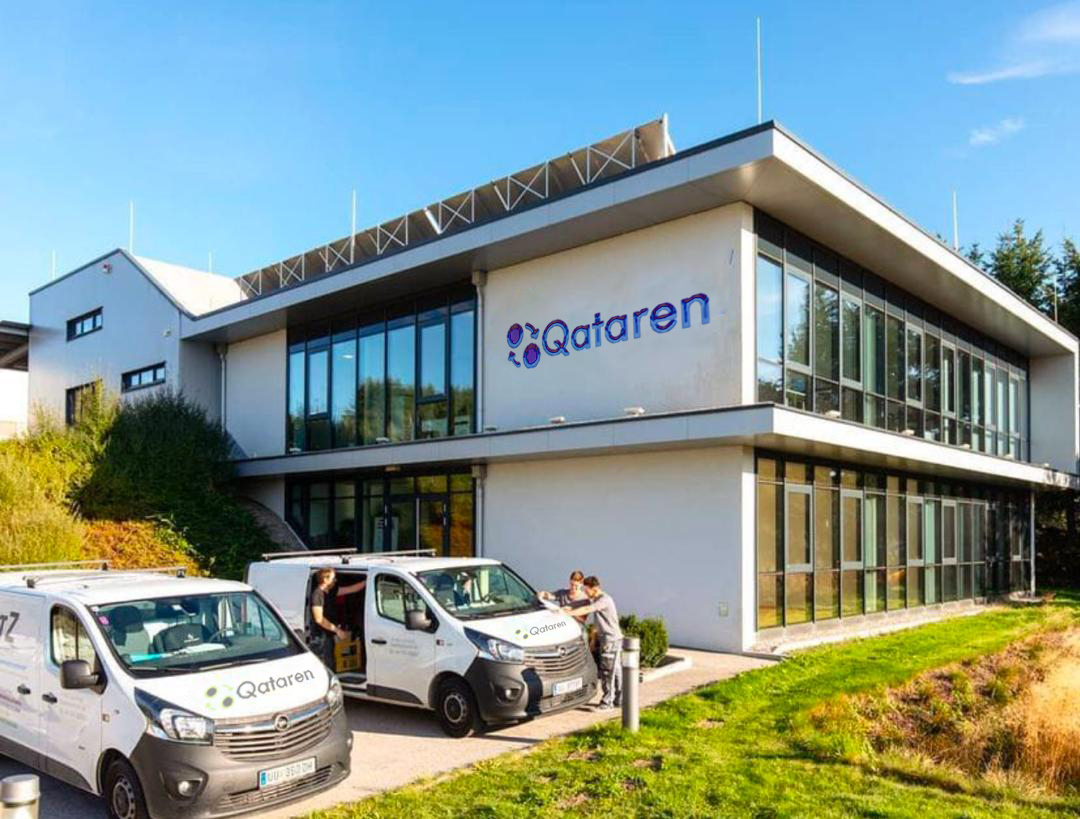
The Rise of Smart City Technologies in Doha: What's Next?
The Rise of Smart City Technologies in Doha: What's Next?
Over the past decade, Doha has transformed from a regional center of commerce into a global hub of innovation and technology. As part of Qatar’s ambitious Vision 2030, the city has been actively integrating smart technologies into its infrastructure, redefining the way residents and visitors experience urban life. But with so much already accomplished, the big question remains: What’s next for smart city technologies in Doha?
A Connected City: Where Doha Stands Today
Doha’s commitment to becoming a smart city is evident in its rapid investments across sectors:
- Public Wi-Fi and 5G networks blanket much of the city, enabling seamless connectivity.
- Smart traffic management systems reduce congestion and travel times, using real-time data.
- Energy-efficient buildings and smart grids are minimizing environmental impact.
- Mobile apps for public services (from parking to healthcare appointments) have simplified daily tasks for residents.
- Major events, like the FIFA World Cup 2022, accelerated the adoption of AI-driven security, crowd management, and transportation systems.
Organizations like Qatar Smart Program (TASMU) have played a leading role, focusing on sectors like healthcare, logistics, environment, and education to ensure smart integration across all aspects of society.
The Future: Where Doha Is Headed
As the city moves into its next phase of innovation, several key trends are expected to shape the future of smart technology in Doha:
1. Artificial Intelligence at Scale
AI is no longer just a buzzword in Doha. From predictive healthcare systems to autonomous vehicles, the city aims to leverage AI for better decision-making and personalized services. Smart health monitoring could become the norm, with AI tracking patient data and suggesting preventive care in real-time.
2. Sustainable Urban Living
Sustainability is at the heart of Doha’s next steps. Expect more smart green buildings, solar-powered transportation, and urban farming initiatives integrated into the cityscape. These initiatives align with global efforts to combat climate change while ensuring a higher quality of urban life.
3. Autonomous Public Transport
Trials for autonomous buses and metro systems are already underway. Future transport networks will be self-driving, electric, and highly connected, offering on-demand services that reduce wait times and carbon emissions.
4. Enhanced Cybersecurity
As cities become smarter, they also become more vulnerable to cyber threats. Doha is expected to heavily invest in cybersecurity frameworks to protect personal data, public services, and critical infrastructure from evolving threats.
5. Digital Twins of the City
One exciting frontier is the development of a Digital Twin — a real-time virtual replica of the entire city. This would allow city planners and emergency services to simulate different scenarios (like floods, traffic jams, or crowd management) and make faster, more informed decisions.
6. Citizen Participation through Technology
Smart city projects are moving beyond government-led initiatives. In the coming years, Doha will likely empower citizens to co-create solutions through digital platforms, enabling residents to contribute ideas, report issues, and engage more actively in shaping their neighborhoods.
Challenges Ahead
Despite its impressive progress, Doha must navigate certain challenges:
- Balancing technological innovation with privacy rights.
- Ensuring inclusive access to smart services for all demographics.
- Managing the costs of rapid digitalization while maintaining infrastructure for future generations.
Final Thoughts
Doha’s journey towards becoming one of the world’s smartest cities is well underway, but the real story is just beginning. By embracing innovation while keeping sustainability, security, and inclusivity at the forefront, Doha is not just creating a smart city — it’s building a model for future cities around the world.
As the world watches, one thing is clear: In Doha, the future isn’t just coming — it's already here.




